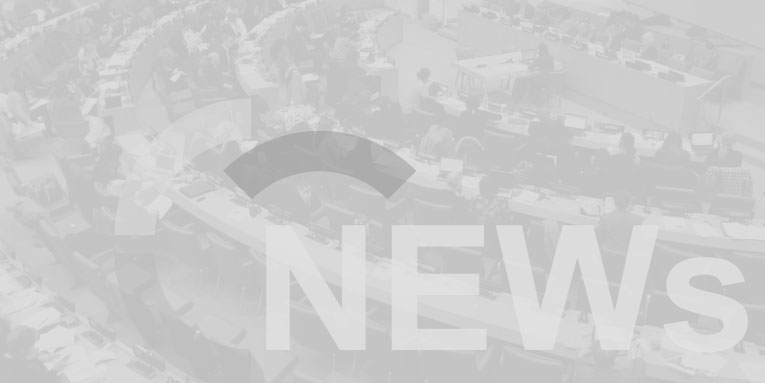The Coalition of African Lesbian reports form the 58th Ordinary Session of the African Commission on Human and Peoples’ Rights
On the first day of the 58th Ordinary Session of the African Commission on Human and Peoples’ Rights [ACHPR], civil society organisations were given the opportunity to present statements to the Commission, highlighting issues of concern in respect to the situation of various human rights in their contexts.
Sexual Orientation and Gender Identity [and Expression] was an issue that was brought up consistently by various civil society organisations. The Coalition of African Lesbians, the Centre for Human Rights at the University of Pretoria [CHR], as well as theLegal Defense and Assistance Project [LEDAP] all referenced the relevance of Resolution 275 in ensuring that the violence experienced by people who are non-conforming in their sexual orientation, expression and identity is stopped. Both reports by CHR and LEDAP spoke of recorded human rights violations happening in Nigeria. LEDAP, in their statement to the Commission shared statistics of violence and violations experienced by people non-conforming to heteronormative expression and sexual orientation. The LEDAP Statement mentioned that human rights organisations in Nigeria had recorded 172 such cases in 2015, and 52 cases in 2016. They stated that these violations are perpetrated and allowed by both state and non-state actors.
The LEDAP statement also highlighted the need for the National Human Rights Commission of Nigeria to establish a reporting process that guarantees anonymity of victims of human rights based on their SOGIE.
On the 3rd day of this 58th Session, the Nigeria State representative responded to this statement. The Coalition of African Lesbians recorded and transcribed the State Representative’s response below:
“The [Same Sex Marriage (Prohibition) Act, 2013] simply defines a valid marriage in Nigeria to be legal union between persons of opposite sex in accordance with the marriage act, Islamic law, or customary law. With specific reference to the allegations raised by the NGO, the Legal Defense and Assistance Project, two days ago, we wish to state that the organization has failed to provide details of human rights violations suffered by any person in Nigeria where the violations took place based on real or perceived sexual orientation in Nigeria. Not even a single instance was cited that is capable of being verified. Presently the National Human Rights Organisation of Nigeria has constituted a panel of experts to examine all federal and state laws in conflict with human rights standards with a view to ensuring necessary amendments or repeal. The committee has received a memorandum on the same sex relations and is under consideration. It is rather interesting to note that the national human rights commission has not received a single complaint on the so called 172 cases violation alleged in 2015. Nor any of the 52 cases in 2016. The National Human Rights Commission standing orders and rules of procedure allow anonymity in complaints handling in circumstances such as these. It is rather strange that the NGO is not well acquainted with the legal and institutional framework of the Commission. Which to say that the NGO has not exhausted all available channels for resolving such issues before coming to this conference.”
The Coalition sought a comment form the Women’s Health and Equal Rights [WHER] Initiative based in Nigeria. The Initiative affirmed their support for the claims presented in the LEDAP statement. A WHER representative said, “Human Rights violations that involves LBT women has constantly been documented by women human rights organizations in Nigeria, and these are reported to the Nigeria National Human Rights Commission based on its rules of procedure 51 and the commission has several times acknowledged the receipt of such complaints. We will continue to remind and notify the commission of the human rights violation based on LBT women in Nigeria and we urge the commission to exercise its statutory responsibility of protection of all human rights of Nigeria including the LBT woman.”
The Coalition will track this situation and see if the Government of Nigeria in the upcoming Ordinary Session responds to this, or at least acknowledges receipt of reports of violations experienced by people resisting heteronormativity and challenging heterosexism in Nigeria.

